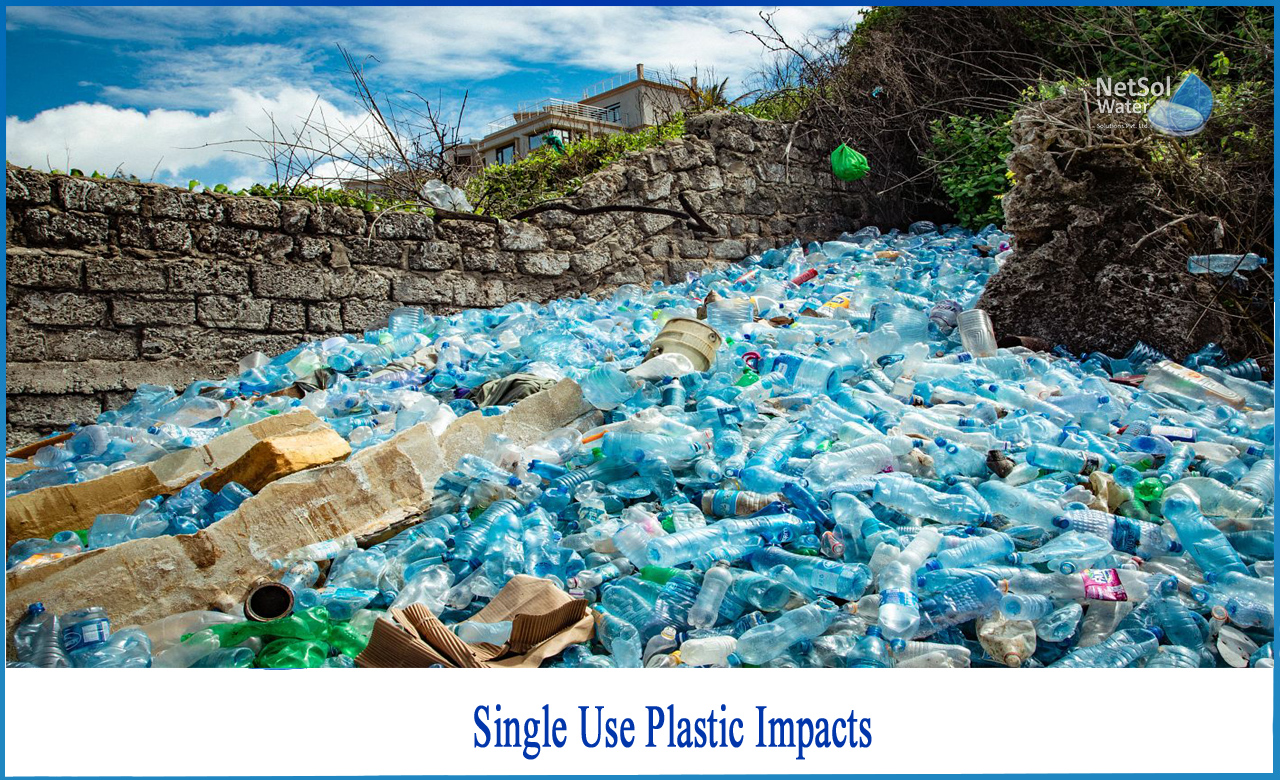What is impact of single use plastic?
Surprisingly, billions of plastic wastes are flowing into our countries, oceans, and rivers. Plastic pollution is a real problem. In fact, the environmental impact of disposable plastics is not only unsightly but can also have devastating consequences for wildlife and ecosystems.
Disposable plastics are typically used only once but can take hundreds of years to deteriorate in landfills. Disposable plastics such as plastic straws, bags, coffee stirrers, food packaging, beverages and beverage bottles are not completely disassembled. Instead, they break down into microplastics and continue to pollute the environment. So, this is the impact of disposable plastics on our environment.
Direct damage to wildlife
Countless animals are killed by plastics each year. Seabirds, fish, turtles, and marine mammals have fishing tackle and plastic bags in their stomachs. In addition, about 700 species, including endangered species, are affected by plastics. Animals die of starvation and entanglement. More than 100 types of water contain microplastics. Plastic can penetrate organs and block the digestive tract, resulting in death.
Animals with a plastic-filled stomach have no urge to eat and starve. Some animals mistake plastic bags for food, which is common with marine animals. Currently, 60-80% of marine debris is made of plastic. This ultimately means that many marine organisms swallow this seawater soup, which is rich in toxic chemicals from the decomposition of plastics.
The Great Pacific Garbage Patch
The world's oceans are full of floating plastics, the amount of which is constantly increasing. Processes such as wave movements, bacteria, and seasonal changes affect the properties of marine plastics and convert them into so-called microplastics. This will be eaten later by plankton. These microplastics invade fish, crustaceans, bird's mouth, stomach, and digestive system, making breathing and eating difficult. The non-degradation of all these plastics becomes part of the food chain of aquatic and human life.
The North Pacific contains a marine debris vortex known as the Great Pacific Garbage Patch. This vortex contains a very high concentration of disposable plastic trapped in an electric current. It causes havoc to the marine ecosystem and is estimated to be twice as large as Texas. Plastics and micro plastics absorb and release chemicals which are harmful to marine organisms. Toxic chemicals that are plastic components or absorbed into plastic can accumulate over time and remain in the environment.
Greenhouse gas
When disposable plastics decompose in the environment, they emit some greenhouse gases. When plastics are exposed to sunlight, they produce harmful methane and ethylene. Greenhouse gas emissions from the plastic life cycle have been found to account for 3.8 percent of the world's greenhouse gas emissions.
When plastic decomposes, it releases large amounts of chemicals that adversely affect the habitat of plants and animals. When released, outgassing is toxic and can have a detrimental effect on the environment and human health.
Conclusion
These are just some of the most common environmental impacts of disposable plastics. It's still a long way to solve this problem completely, but some small changes can make a big difference. Each of us can switch to reusable grocery bags, grocery bottles, production bags and throw away a lot of plastic bags every week.
>Start using eco-friendly products instead of disposable plastics and learn how to properly recycle and reuse common plastics as much as possible.
>Avoid using plastic straws, cutlery, and balloons to reduce damage to the environment. Support local businesses and buy in bulk locally.
>Do not throw cigarette butts into the environment but look for the designated trash can instead. Use reusable bottles or mugs for drinks and reusable bags or containers for groceries. You can also try a plastic-free week-the results are amazing!
Disposable plastic is a serious problem and needs to be dealt with appropriately. Once each of us becomes aware of the impact of plastics on our environment, we can take a step closer to reducing it.
Netsol Water is Greater Noida-based leading water & wastewater treatment plant manufacturer. We are industry's most demanding company based on client review and work quality. We are known as best commercial RO plant manufacturers, industrial RO plant manufacturer, sewage treatment plant manufacturer, Water Softener Plant Manufacturers and effluent treatment plant manufacturers. Apart from this 24x7 customer support is our USP. Call on +91-9650608473, or write us at enquiry@netsolwater.com for any support, inquiry or product-purchase related query.



